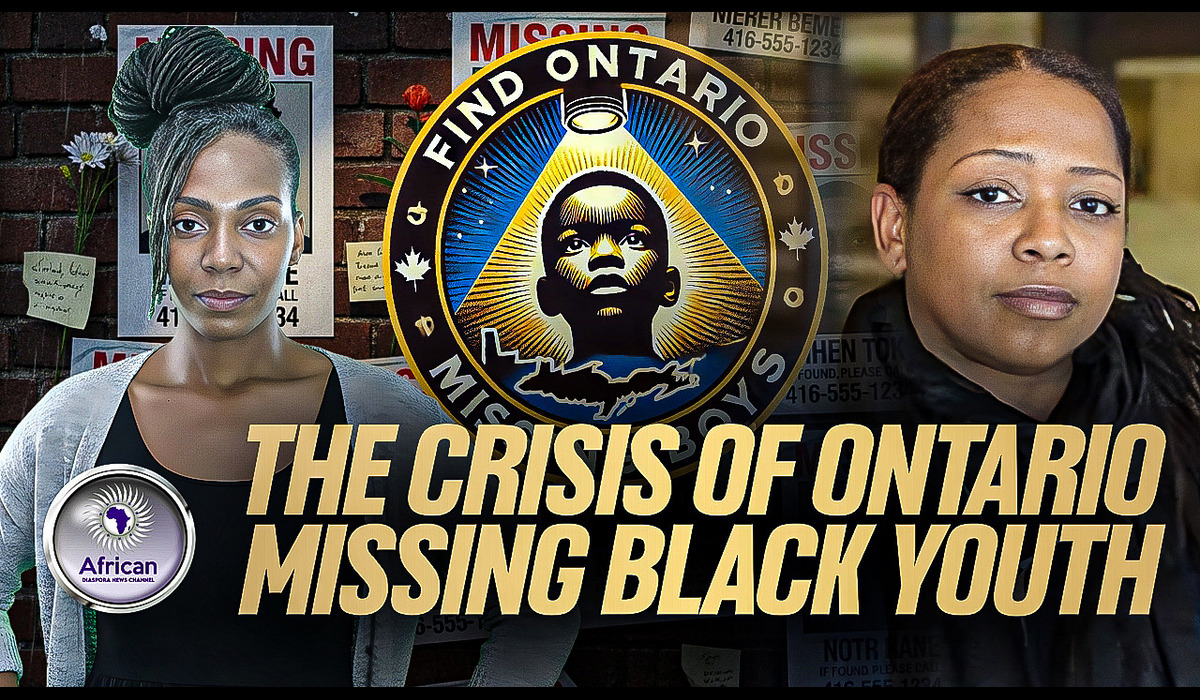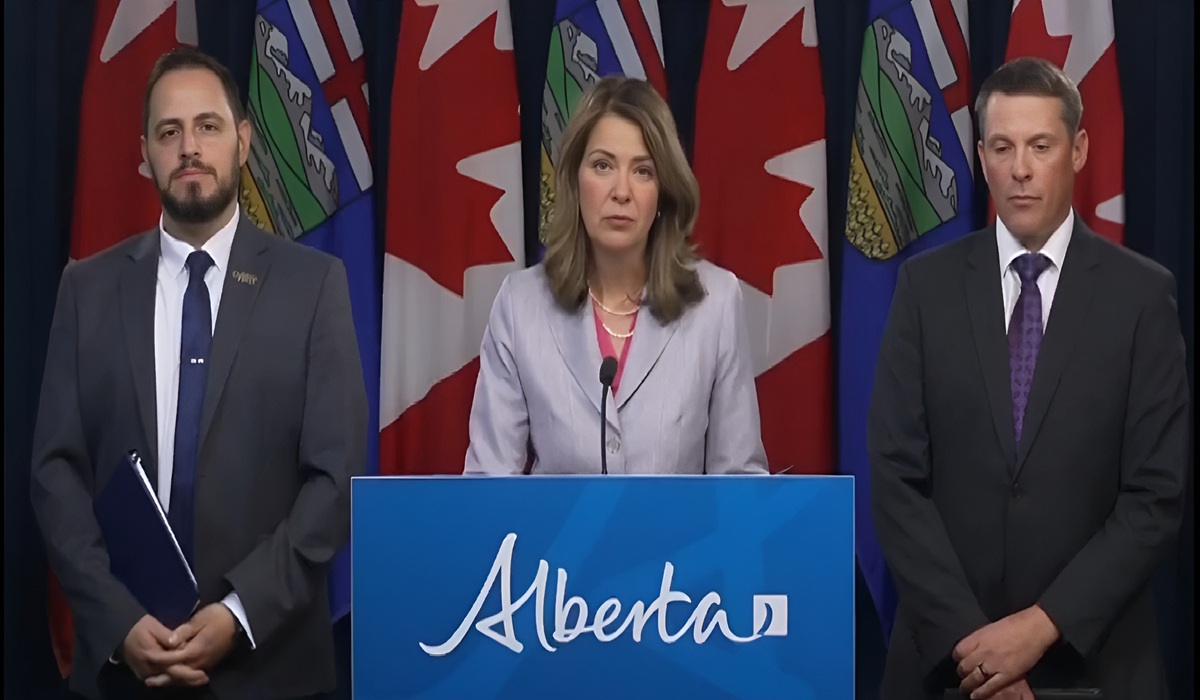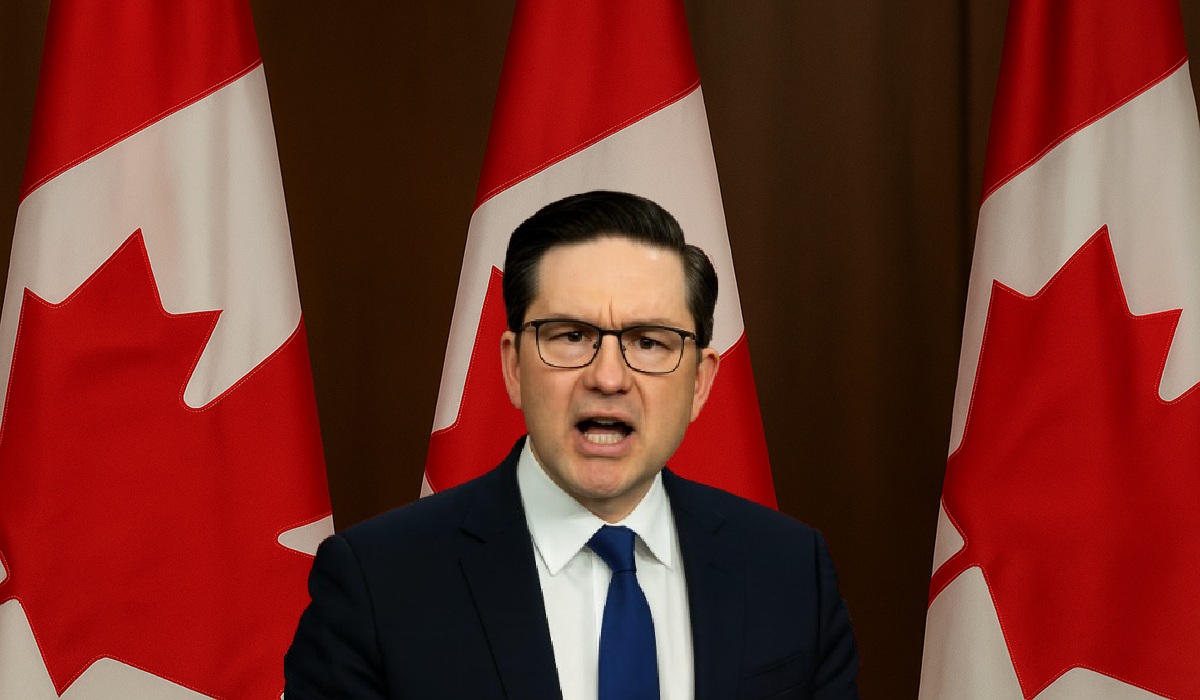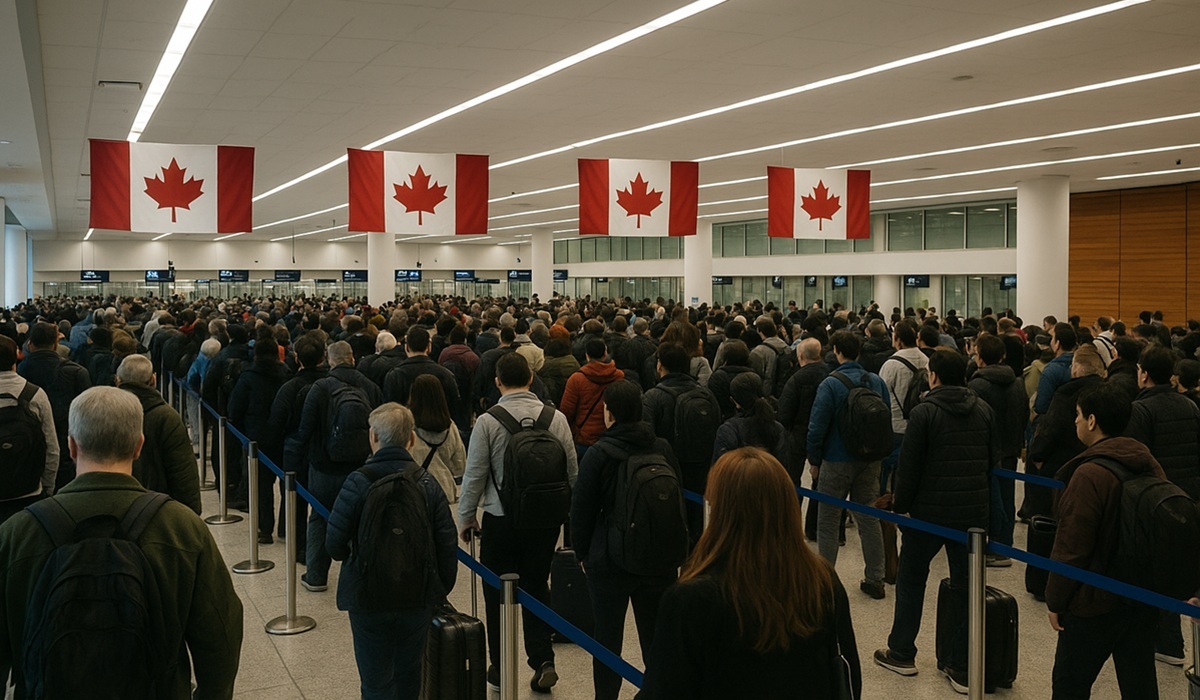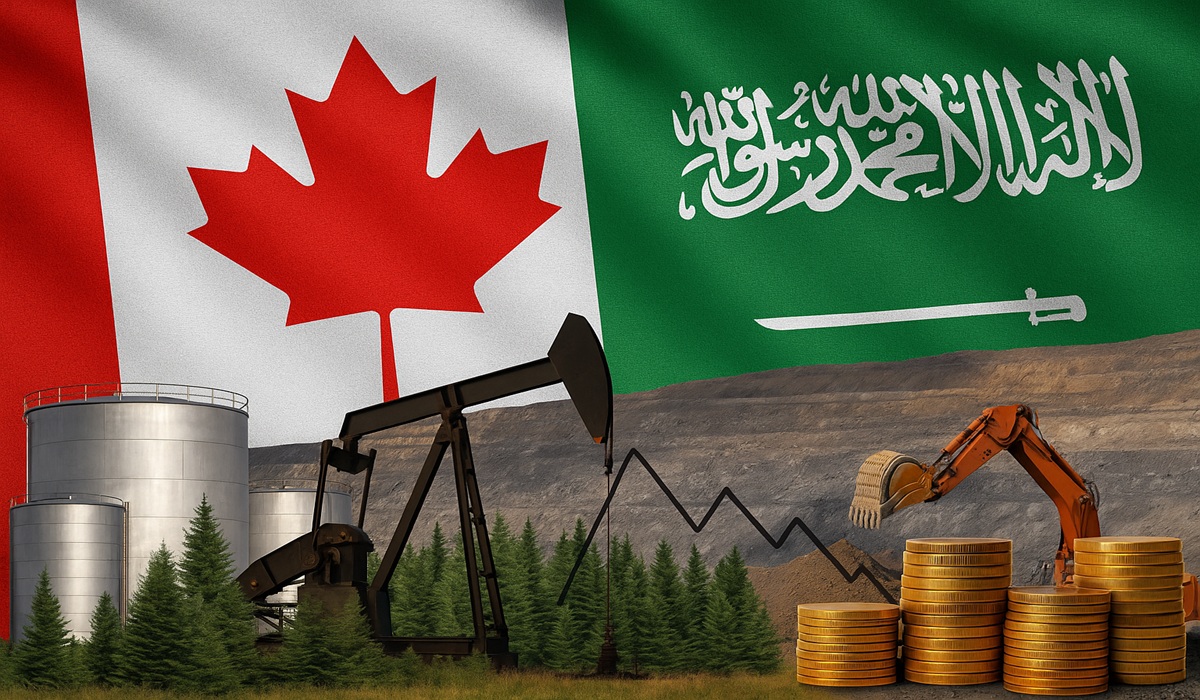Rebuilding Trust: Ambassador Wang Di’s Symposium Signals a Renewed Tone in Canada-China Relations
- TDS News
- Canada
- October 27, 2025

By: Donovan Martin Sr, Editor in Chief
Over the weekend, His Excellency Wang Di, Ambassador of the People’s Republic of China to Canada, convened a symposium in Ottawa that gathered an impressive mix of scholars, policy thinkers, and senior leaders to examine the evolving relationship between China and Canada. The event went well beyond the formalities of diplomacy—it was a clear effort to promote candid discussion, rebuild confidence, and explore how both nations might work toward practical, mutual gains in a complex global environment.
The tone was thoughtful and measured. Ambassador Wang opened by reflecting on the decades of cultural exchange, trade, and people-to-people connections that continue to define the bilateral relationship. He emphasized that cooperation—not confrontation—remains the surest path to peace and prosperity. He noted that there is reason to be optimistic about positive news ahead in the Canada–China relationship, emphasizing that such progress will depend on open dialogue, mutual respect, and the pursuit of shared interests.
The event drew several of Canada’s most respected academic voices. Dr. David Curtis-Wright, professor and historian at the University of Calgary, spoke plainly about how most Canadians view international disputes, noting that issues like Taiwan are not seen as their battle. Canadians, he said, are more concerned with domestic priorities and economic stability. His point reinforced a broader idea echoed throughout the symposium—that Canada’s foreign policy should be guided by its own values and interests, rather than shaped by outside influence.
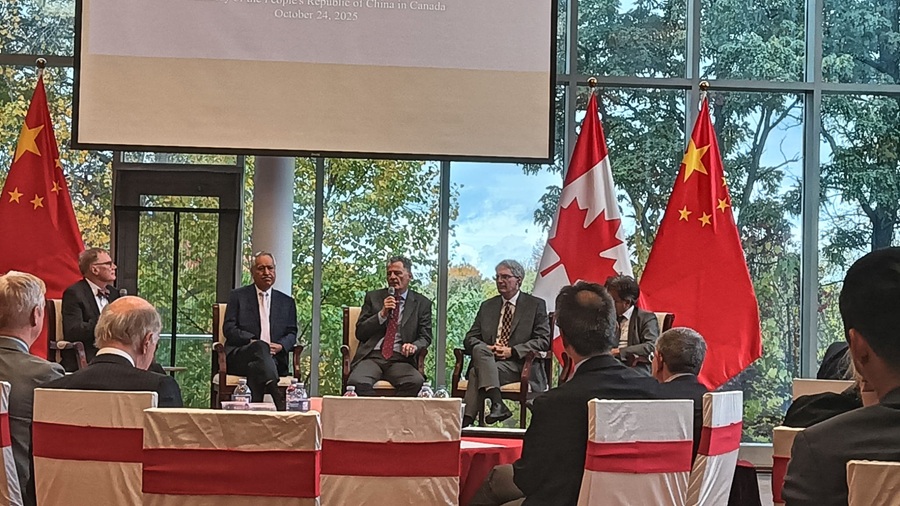
Dr. Rohinton P. Medhora, Professor of Practice at McGill University’s Institute for the Study of International Development and Distinguished Fellow at the Centre for International Governance Innovation, built on that theme. He urged Canada to evaluate the claims of even its closest allies critically, while being willing to engage sincerely with nations often viewed through a skeptical lens. His comments suggested that meaningful partnerships are not born from ideology, but from respect, realism, and an understanding of shared stakes in a globalized world.
Among those reflecting on decades of diplomacy was the Hon. Senator Yuen Pau Woo, a longtime advocate for constructive engagement with Asia. Thomas d’Aquino, Founding CEO and Distinguished Life Member of the Business Council of Canada, offered a grounded perspective, recalling his experiences working alongside Canadian prime ministers and traveling throughout China. He reflected that those encounters taught him the true importance of conversation and understanding—lessons that remain vital in today’s divided international landscape.
Pan Xuesong, Counsellor at the Embassy of the People’s Republic of China in Canada, also spoke on the value of transparency and trust in diplomacy. Having served in multiple posts around the world, he emphasized that nations best serve their citizens when they engage in honest communication. “When there is good, honest, and open dialogue,” he said, “countries discover shared interests and find it easier to build lasting partnerships.”
Beyond the speeches, the symbolism of the gathering was unmistakable: two nations, represented by their brightest minds, engaging in constructive dialogue at a time when tension too often overshadows cooperation. The symposium stood as a reminder that diplomacy works best when it is rooted in conversation, understanding, and the recognition of mutual benefit.
Under Ambassador Wang Di’s leadership, relations between Canada and China appear to be entering a phase of cautious but genuine optimism. His approach—focused on communication, consistency, and respect—has helped re-establish tone and trust where it had been strained. The symposium demonstrated that even modest steps toward openness can yield meaningful progress, potentially revitalizing trade and easing tariffs on vital sectors such as canola.
In a world increasingly defined by division, the willingness of both countries to bring together leading thinkers, diplomats, and policymakers in one room to imagine a better path forward stands as a quietly powerful act of diplomacy—and a hopeful sign that dialogue still matters.

